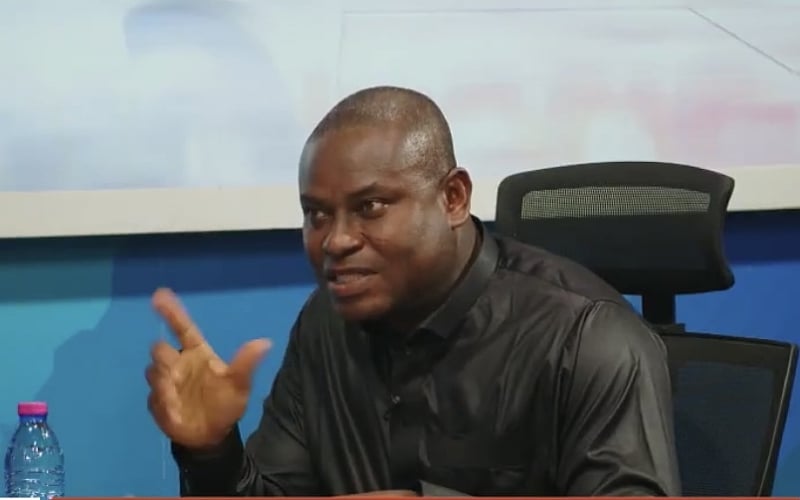Richard Ahiagbah, the National Communications Director of the New Patriotic Party (NPP), has launched a scathing attack on President John Dramani Mahama and the ruling National Democratic Congress (NDC), accusing them of wielding state power as a weapon to intimidate political opponents. Ahiagbah argues that the Mahama administration is engaged in a pattern of “selective justice,” where NPP members are disproportionately targeted and prosecuted while NDC members implicated in similar or even more egregious offenses escape scrutiny and punishment. This selective application of the law, according to Ahiagbah, undermines the principles of fairness, equality, and due process, creating an environment of fear and intimidation for those who dare to criticize or challenge the ruling party.
The arrest of Kwame Baffoe, also known as Abronye DC, the NPP Bono Regional Chairman, serves as a stark illustration of this alleged abuse of power. Abronye DC’s arrest on charges of offensive conduct conducive to breaching the peace and publishing false news has been interpreted by Ahiagbah as a calculated move to silence a prominent voice of dissent within the NPP. Ahiagbah contends that the charges against Abronye DC are politically motivated and are being used as a pretext to stifle legitimate political expression. The timing of the arrest, the severity of the charges, and the subsequent remanding of Abronye DC are all seen by Ahiagbah as evidence of a concerted effort to harass and intimidate the opposition.
Ahiagbah emphasizes that the state belongs to all citizens and is not the personal property of the President or his party. He argues that political power should be exercised as a public trust, for the benefit of all Ghanaians, and not as a tool to suppress opposing viewpoints or advance partisan interests. He reminds President Mahama of his responsibility to uphold the rule of law and ensure that justice is applied impartially, regardless of political affiliation. The current climate, according to Ahiagbah, fosters a deep sense of injustice and undermines the very foundations of democracy.
The implications of this alleged manipulation of state power extend far beyond the individual cases of Abronye DC or other NPP members. Ahiagbah argues that such actions corrode public trust in state institutions, particularly the judiciary and law enforcement agencies. When these institutions are perceived as being biased or politically influenced, their legitimacy is eroded, and citizens lose faith in their ability to deliver fair and impartial justice. This can lead to social unrest, political instability, and a general decline in the quality of governance.
Ahiagbah’s criticism underscores a fundamental tension in democratic societies – the need to balance the authority of the state with the protection of individual rights and freedoms. While the state has a legitimate right to maintain order and enforce the law, it must do so in a way that respects the fundamental rights of all citizens, including those who hold dissenting political views. The selective application of the law, as alleged by Ahiagbah, not only violates these fundamental rights but also undermines the very principles upon which a democratic society is built.
Ahiagbah’s call for President Mahama to remember that the country belongs to all citizens, not just his party, is a plea for responsible governance and a reminder that political power is a temporary privilege entrusted to elected officials by the people. The accusations of selective justice and the weaponization of state power raise serious concerns about the health of Ghana’s democracy and the need for greater transparency and accountability in the exercise of governmental authority. The situation warrants close scrutiny and demands a commitment from all stakeholders to uphold the principles of justice, fairness, and respect for the rule of law.


